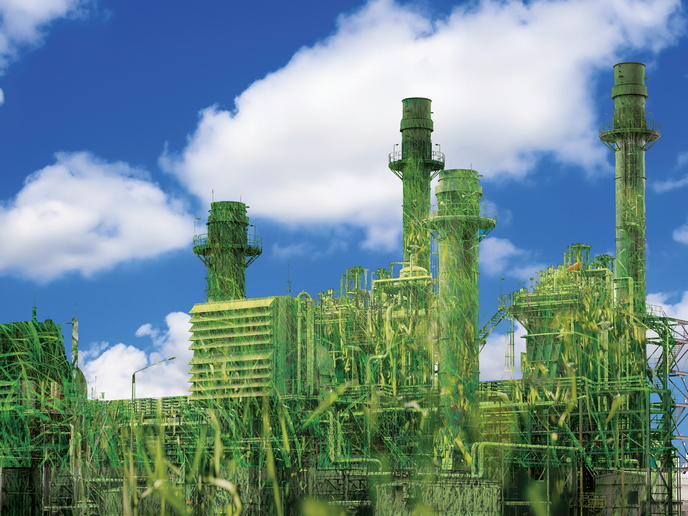Decarbonisation, energy efficiency and circularity for a climate-neutral and sustainable EU
Energy-intensive industry (EII) sectors need to reduce their carbon footprint and accelerate the transition to climate neutrality by providing affordable and effective clean technology solutions. These efforts will support the EU’s long-term environmental goals, while contributing to energy independence and security as well as resource autonomy for Europe. Process industries such as chemicals, cement, steel, aluminium, glass or ceramics require large amounts of energy to turn raw materials into useful products, all the while generating carbon emissions and waste. The European Green Deal commits the EU to becoming the first climate-neutral continent by 2050 and stresses the need to develop breakthrough technologies in key industrial sectors by 2030. The European Industrial Strategy underpins the important role of industry in the transition to a green and digital economy. EIIs are a key component of the EU’s economy. The materials produced by these industries are used to construct buildings and infrastructure as well as making consumer goods and many other products that are integral to our daily lives. However, they represent the second largest global source of CO2 emissions. Although these industries have substantially reduced their emissions in recent decades, they still represent 17 % of total CO2 emissions within the EU. The major carbon footprints of EEIs mean their decarbonisation is indispensable to reaching climate neutrality. In addition, increasing the circularity of the industrial processes and reducing waste generation in these sectors will have a broad impact on EU sustainability, leading to the efficient use of natural resources and secondary materials. Process industries are also of strategic importance for the resilience of our society and therefore they need to maintain and ideally improve their global competitiveness. The goals of climate neutrality and circularity are achievable with the aid of the right instruments and strategies. The EU’s efforts in research and innovation include two public-private partnerships under Horizon Europe, Processes4Planet and Clean Steel, which support the development of net-zero and circular value chains across Europe. These partnerships build from the outcomes of the Horizon 2020 partnership Sustainable Process Industry through Resource and energy Efficiency (SPIRE). This new CORDIS Results Pack focuses on 12 Horizon 2020 research projects, funded within the SPIRE partnership, that demonstrate technological pathways for decarbonisation, efficiency and circularity in EIIs. They include a range of technologies that can reduce the CO2 emissions of current processes, replace the need for fossil fuels, reduce the energy and resource consumption and create new production routes with a lower environmental impact. The application of digitalisation will improve efficiency and quality control in EIIs. The CAPRI project developed an advanced cognitive automation platform to enhance production performance. COGNIPLANT harnessed big data through advanced data analytics and machine learning for improved sustainability. INEVITABLE fully digitalised monitoring technology to optimise metal manufacturing. Flexibility and increased efficiency in the use of energy and resources allow EIIs to lower CO2 emissions and optimise the utilisation of natural resources. PreMa improved the efficient utilisation of energy and materials in the pretreatment of manganese ores for manganese alloys production. The projects RETROFEED and REVaMP implemented new retrofitting technologies for efficient operation with variable and circular feedstock in metal, cement and ceramics industries. In a circular approach, process industries can recycle, reuse and recover waste streams and turn them into valuable resources. The iCAREPLAST project increased plastic waste recycling to produce valuable chemicals via efficient technologies, while intelWATT developed smart water separation technologies for water reuse, substances recovery and energy generation. The electrification of industry, whereby fossil fuels are replaced with electricity to drive processes, can lead to significant reductions of greenhouse gas emissions and facilitate the integration of renewables. LIBERATE demonstrated electrochemical processes to convert lignin into high value chemicals, while SIDERWIN replaced carbon with electricity to turn iron oxide into iron metal for steelmaking. Finally, the projects HIPERMAT and ACHIEF developed novel high-performance materials and components for energy-intensive applications.



